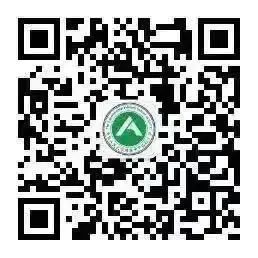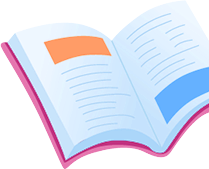
Information Technology Curriculum
Development and Teaching Innovation


Our school has been committed to the development of the information technology curriculum and teaching innovation. In recent years, our information technology teachers have continuously attempted and explored the teaching content and methods of the information technology curriculum based on policies such as the “General High School Information Technology Curriculum Standards”, the “Guidelines for Comprehensive Practical Activities in Primary and Secondary Schools”, and the “Development Plan for a New Generation of Artificial Intelligence”, forming a curriculum system characterized by “programming teaching”.
With the implementation of the “Compulsory Education Information Technology Curriculum Standards” in 2022, teachers are also actively exploring the transformation from information technology to information science and technology courses, striving to implement the new curriculum standards in the classroom.
1
Overview of Curriculum Development
The development of our school’s information technology curriculum is generally divided into three stages: Exploration Stage, Improvement Stage, and Development Stage.
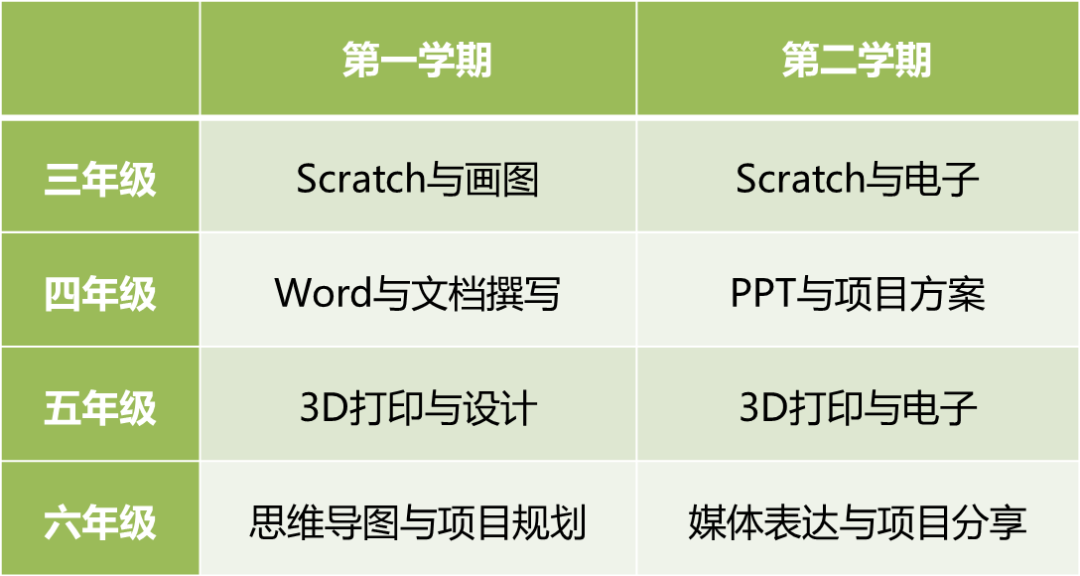
In 2017, we began the school-based exploration of the information curriculum based on the “General High School Information Technology Curriculum Standards”, offering courses in Scratch and 3D printing, focusing on cultivating students’ information technology capabilities.
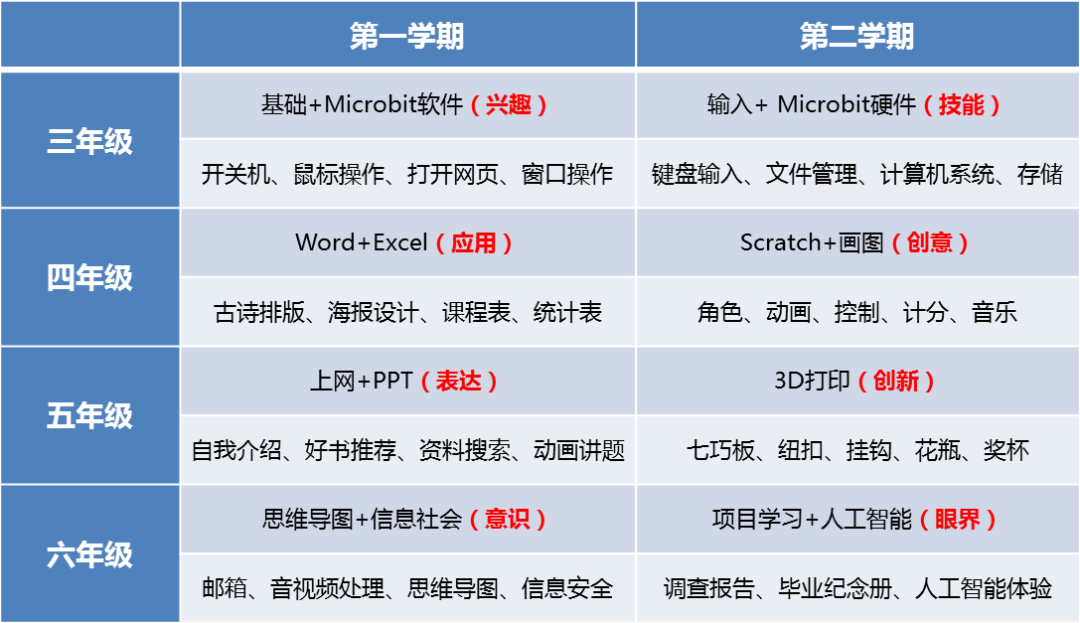
From 2018 to 2021, in accordance with the spirit of the “Guidelines for Comprehensive Practical Activities in Primary and Secondary Schools”, we gradually established a relatively mature information curriculum system, clarified the training objectives for students at different educational stages, and emphasized the improvement of students’ comprehensive practical abilities.
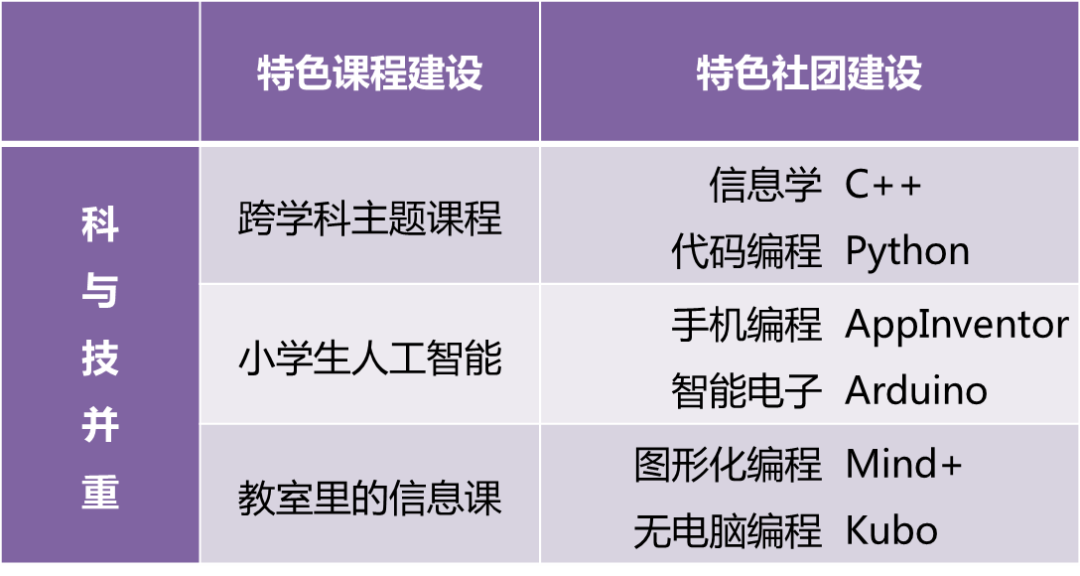
Since 2022, we have implemented the “Compulsory Education Information Technology Curriculum Standards” to explore the development of information technology courses and improve club construction. The curriculum emphasizes both “science” and “technology”, researches interdisciplinary project-based learning, and enhances students’ core competencies.
2
Teaching Innovation
1. Innovation in Teaching Content
The original primary school information technology textbooks mainly focused on office software such as Word and PPT. With the development of society and the improvement of students’ information technology levels, the original teaching content can no longer fully meet the needs of students and societal development. Teachers at the school have selected different programming software based on the different characteristics of students’ ages to carry out teaching activities.
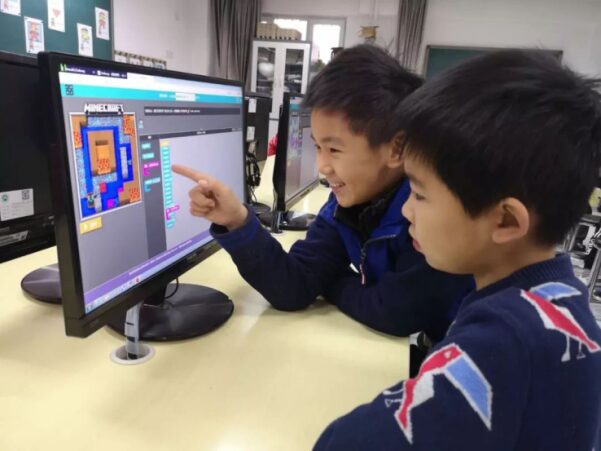
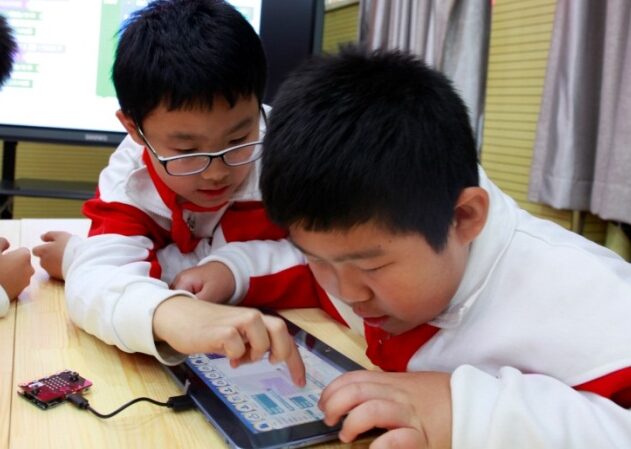
The school introduced Scratch visual programming and Micro:bit programming courses relatively early. Visual programming is simple and vivid, while intelligent hardware programming is intuitive and easy to understand, which allows students to develop a strong interest in information technology courses from the beginning. For the more mature visual programming content, we carefully selected typical cases, including digital stories, interactive games, intelligent simulations, etc., so that students can consolidate their abilities based on their interests. Subsequently, we introduced the CodeMonkey platform for coding programming in higher grades. From the teaching practice, students can easily analyze problems, organize logical relationships, explain algorithm processes, and express the problem-solving process using all-English code without barriers.
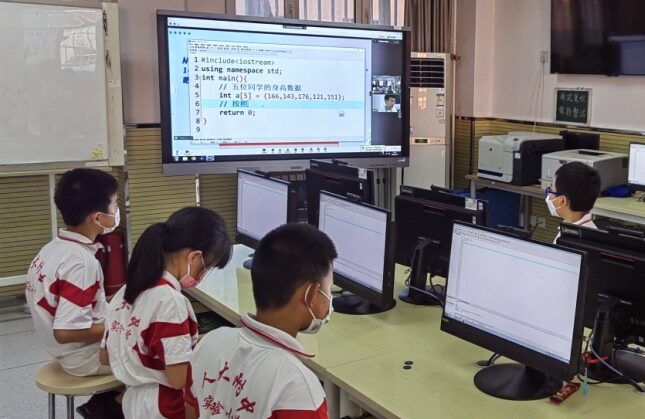
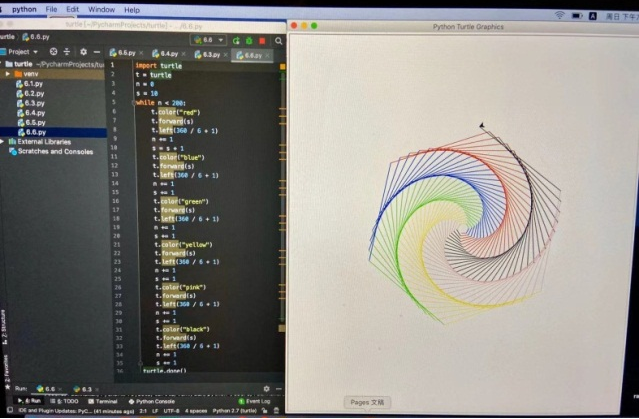
In addition, based on students’ age characteristics, we have successively offered club courses in no-computer programming, Arduino programming, Python programming, and C++ programming.
2. Innovation in Teaching Methods
In intelligent hardware programming teaching, we adopted a flipped classroom learning approach, allowing students to watch video tutorials, complete simple cases, and learn to use sensors to create creative smart projects through Q&A guidance. In visual programming teaching, we attempted to use English learning cards to conduct programming teaching activities. From the classroom implementation effects, students can develop good habits of self-directed learning using learning cards after just a few classes of guidance. In coding programming teaching activities, we use online platforms for learning, and the completion of learning tasks can be instantaneously fed back through the software platform, thereby enhancing learning outcomes.
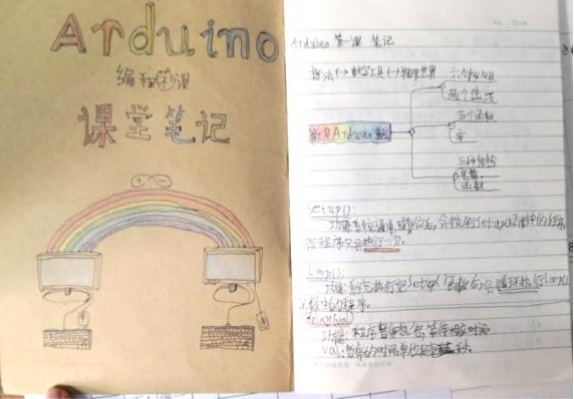
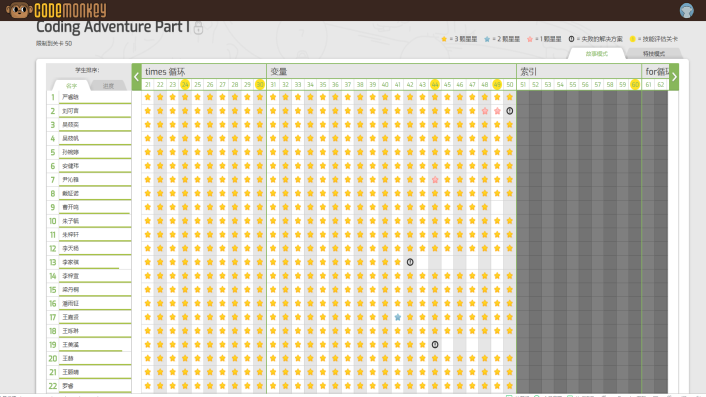
3. Innovation in Teaching Activities
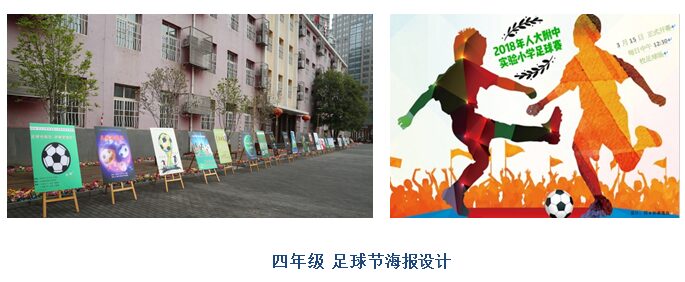
We integrated the original information technology course content with project-based learning and school activities. For example, the learning of Word software was integrated with the school’s football festival activities, organizing students to design posters. The 3D printing class was combined with the school’s film festival activities, allowing students to design the film festival trophy. This way, students can apply what they learn, greatly enhancing learning outcomes.
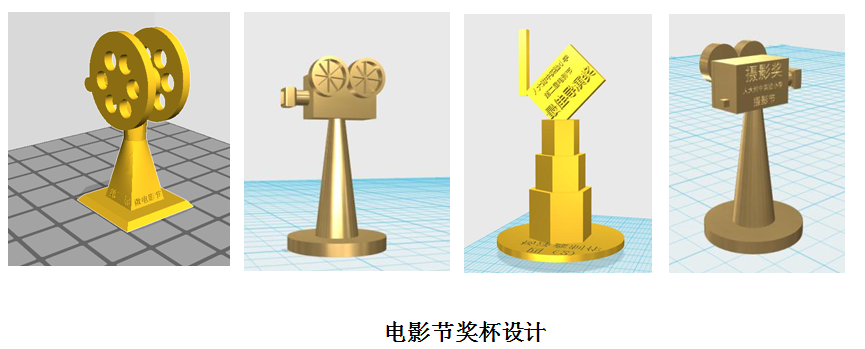
For many years, the school has conducted the “Hour of Code” activity for all students, where students experienced Microsoft’s “Xiaoice” creating poetry on-site and participated in the “Unplugged Computer Games” activity led by Xiaoice.
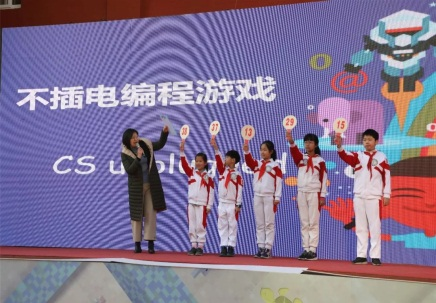
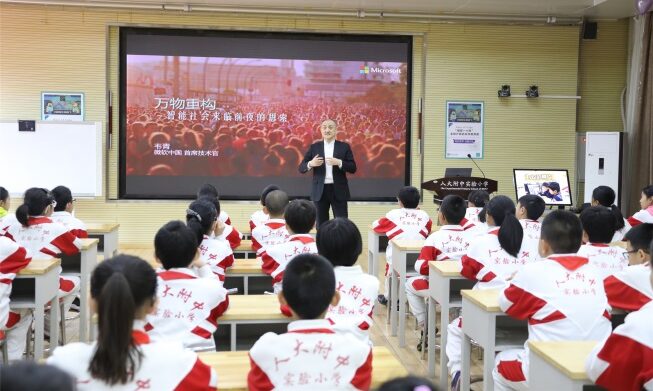
For many years, the school has conducted the “Hour of Code” activity for all students, where students experienced Microsoft’s “Xiaoice” creating poetry on-site and participated in the “Unplugged Computer Games” activity led by Xiaoice.
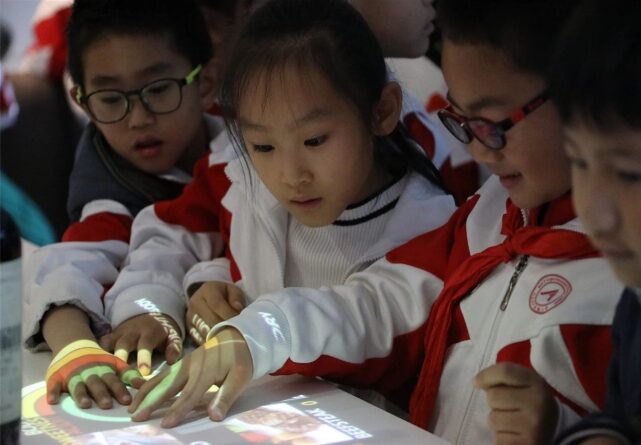
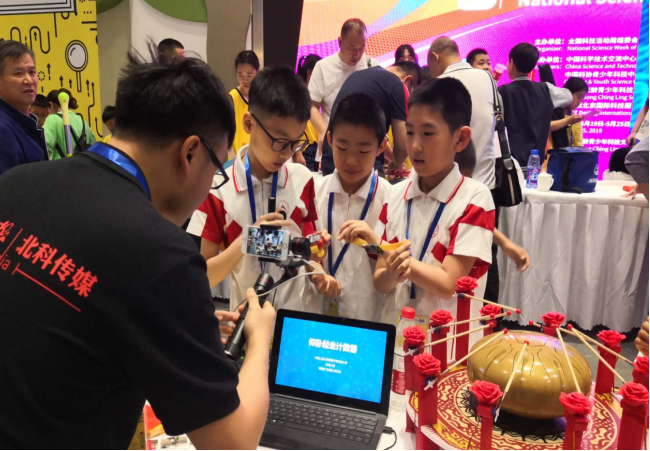
3
Exploration of New Curriculum Practices
With the issuance of the information technology subject standards for compulsory education in 2022, the development of information courses faces new opportunities and challenges. Teachers are conducting bold innovations and practices, implementing the core competencies of the subject as goals, and exploring interdisciplinary thematic courses.
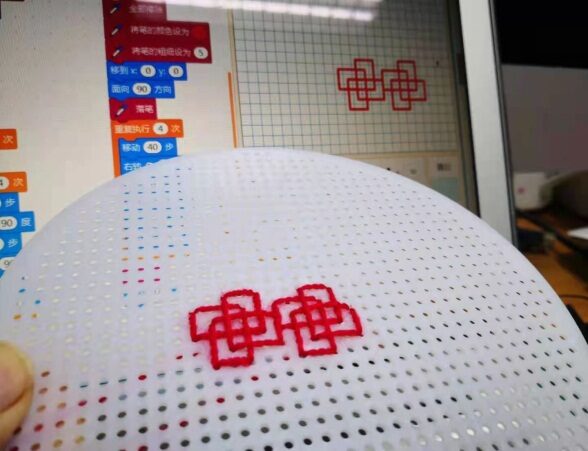
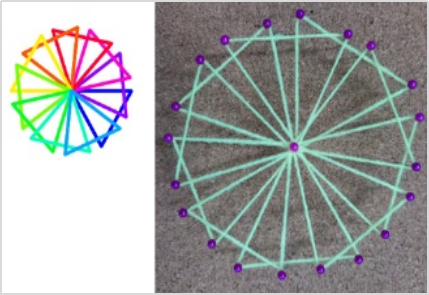
“Digital Weaving” combines information classes with labor classes, using programming software as design software. By writing programs to design weaving patterns, students can hand-weave their designed patterns using needles and threads in labor classes, which not only stimulates learning interest but also promotes students’ understanding of programming.
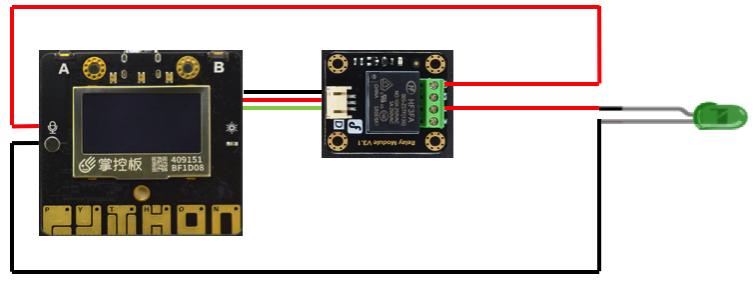
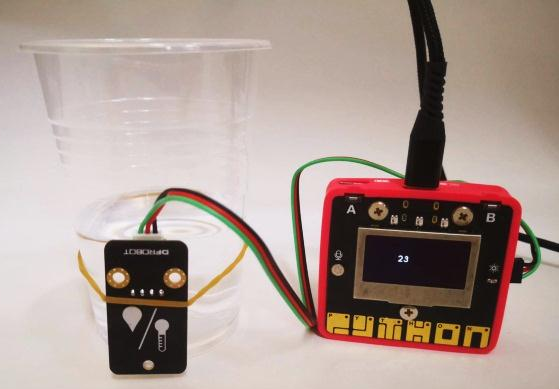
“Transforming with Relay” and “Research on Material Thermal Conductivity” are explorations of the new curriculum standards’ “Process and Control” domain. One theme is based on engineering direction, while the other is based on scientific direction, both utilizing intelligent hardware to carry out teaching activities, achieving the teaching objectives of the process and control module.
The development of information technology is changing rapidly, and education is a work that requires patience and perseverance. The development of information technology courses and teaching innovation is an evolving and improving process. We will continue to explore and try more suitable teaching content, methods, and technologies to better adapt to the new demands and challenges posed by technology and societal development for education.

END
Written by | Teacher Zhao Yu
Photography by | Information Group
Reviewed by | Teaching Development Center

